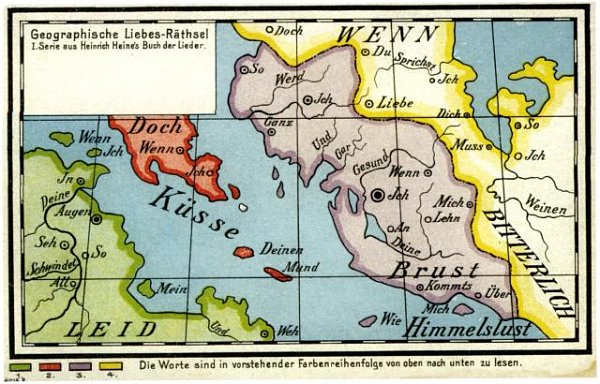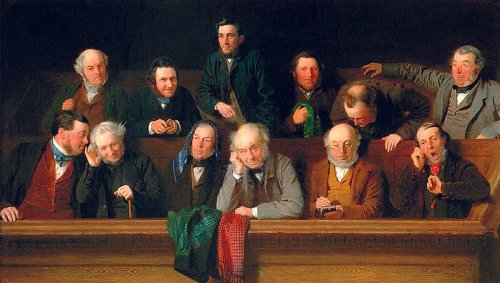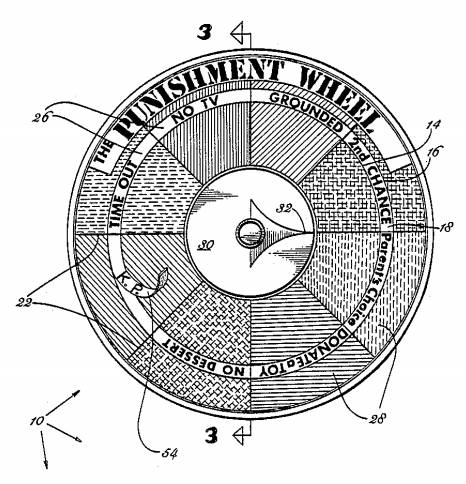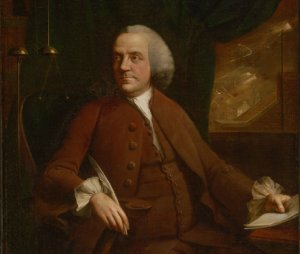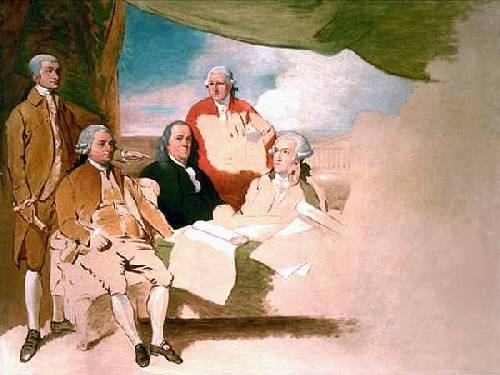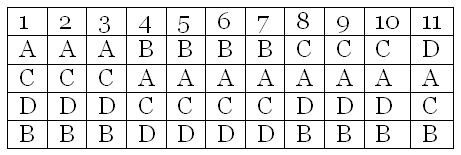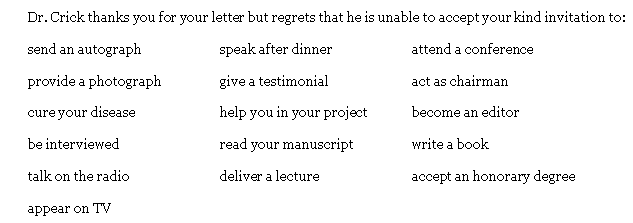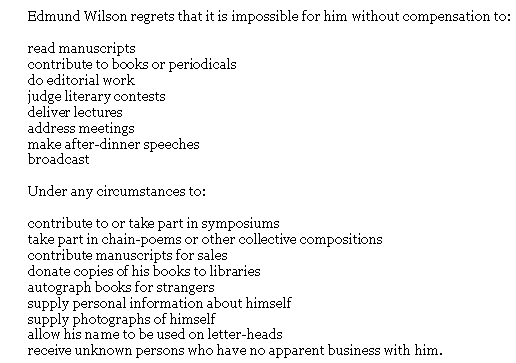“A gentleman never looks out of the window.” — Oscar Wilde
“Gentlemen do not take soup at luncheon.” — Lord Curzon
“Gentlemen are never busy — insects and city people are busy.” — Beau Brummel
“A gentleman never encircles the lady’s waist in the waltz until the dance begins, and drops his arm as soon as it ends. He studies to hold the lady lightly and firmly without embracing her.” — The Manners That Win, 1880
“A gentleman never sits in the house with his hat on in the presence of ladies for a single moment. Indeed, so strong is the force of habit, that a gentleman will quite unconsciously remove his hat on entering a parlor, or drawing-room, even if there is no one present but himself. People who sit in the house with their hats on are to be suspected of having spent the most of their time in barrooms, and similar places. A gentleman never sits with his hat on in the theater. Gentlemen do not generally sit even in an eating-room with their hats on, if there is any convenient place to put them.” — Arthur Martine, Martine’s Perfect Letter Writer and American Manual of Etiquette, 1866

